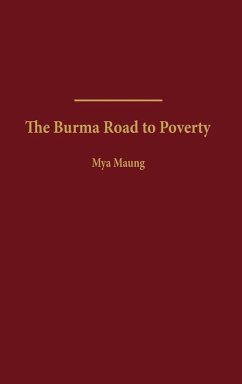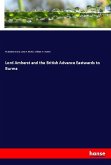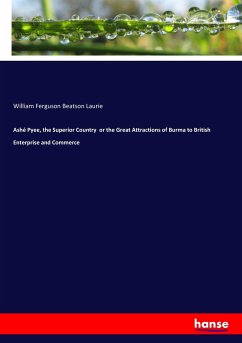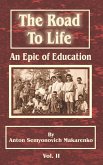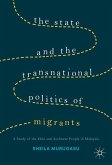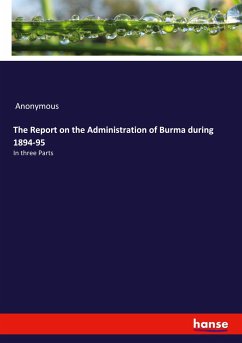Although political upheavals and mass killings in the Socialist Republic of Burma (Myanmar) have received a great deal of international attention, scholars and journalists until now have failed to identify the unique underlying factors that produced this situation and helped to maintain military dictatorship under Ne Win's successors. Mya Maung looks into the deeper sources of Burmese behavior, focusing on the ancient tradition of sacred despotic rule, the undermining of social and cultural life during the British colonial period, and the impact of conflicting cultural realities on a Communist military elite whose attempts to reinstate absolute authority compounded their gross mismanagement of economic development. Maung presents an overview of the contradictions and biases expressed by writers--both foreign and Burmese--who have attempted to understand the Burmese and their country's recent history. He next describes a traditional society in which authoritarian rule existed side by side with a marked degree of social freedom and egalitarianism. Maung discusses the far-reaching impact of colonialism, the transition to independence, the Socialist military takeover, and the progressive repression and economic failures that led ultimately to economic collapse. Maung concludes with an examination of Burma's potential for utilizing its resources effectively and developing a stable economy in the transition to capitalism. Based on field research, hundreds of interviews, and Maung's firsthand knowledge of Burmese culture, this analysis contributes a balanced perspective and new information crucial to our understanding of a society that has been largely closed to outsiders for more than two decades.
Hinweis: Dieser Artikel kann nur an eine deutsche Lieferadresse ausgeliefert werden.
Hinweis: Dieser Artikel kann nur an eine deutsche Lieferadresse ausgeliefert werden.

